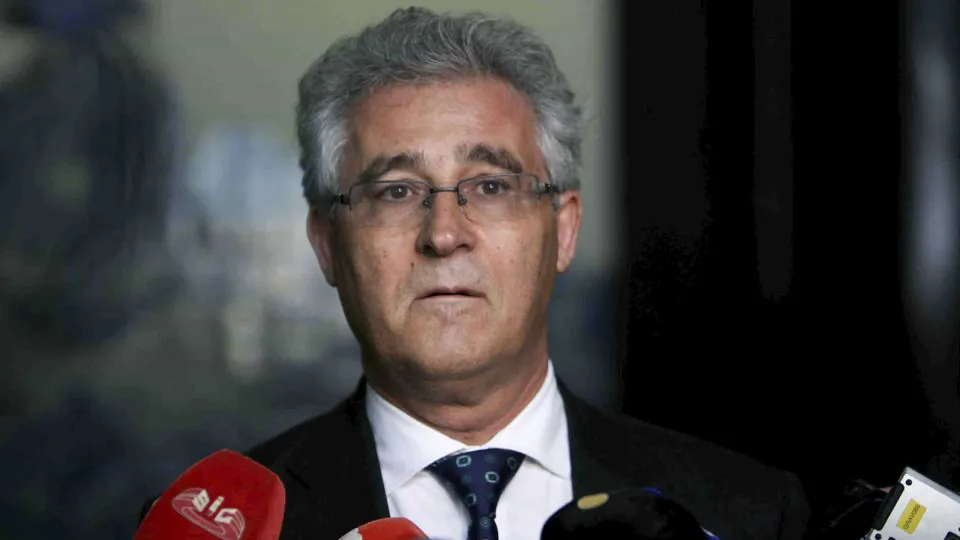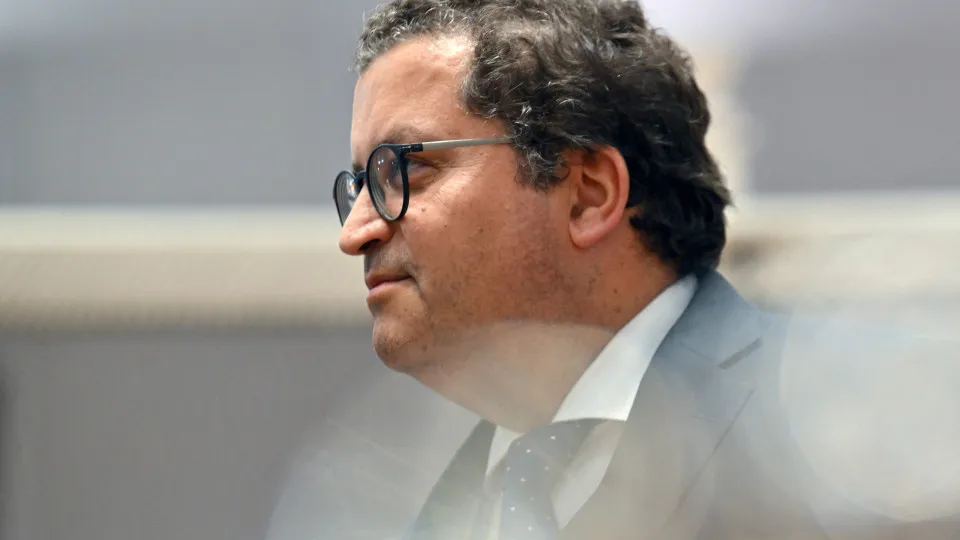
Miguel Matias, defense attorney for former Lisbon Court of Appeal president Luís Vaz das Neves, asserted that the investigation failed to request the seizure of Vaz das Neves’ mobile phone to extract text messages, as was done with former judge Rui Rangel, who is also a defendant in the case.
Jorge Albergaria, a former inspector of the Judicial Police involved in the investigation, testified today at the trial at the Lisbon Military Court. He explained that it was deemed “unimportant” to pursue that step, considering the significant delay since the events in question occurred in 2013, while the inquiry did not start until 2018. Messages between Vaz das Neves and Rangel pertained to alleged manipulation of case distribution at the Lisbon Court of Appeal.
Albergaria also noted that by the time of the inquiry, Vaz das Neves had already retired and was no longer in possession of his work phone. The defense argued that the investigation failed to verify whether access to the phone was still possible.
Asked by Matias if the “suspicions of misconduct” against his client were based “solely on messages” between Vaz das Neves and Rangel, Albergaria confirmed, “Exclusively, yes.”
One message at issue involved Rangel sending Vaz das Neves the case number concerning businessman José Veiga and former footballer João Pinto. This case was purportedly removed from the normal electronic distribution circuit, which randomly assigns judges to cases. Albergaria claimed this action was part of a series of events leading to the manipulation charges.
Matias argued that the conclusion was invalid since it cannot be proved that Vaz das Neves received the message, as he denied ever receiving it. He questioned whether it was “somewhat reckless” to wrap up the investigation without this confirmation.
The defense also interrogated the witness about previous statements, challenging conclusions that pointed to lawyer José Santos Martins as a ‘front’ for Rangel to mediate monetary transactions originating from José Veiga.
The proceedings included testimonies from Judge António Martins of the Court of Auditors and retired appellate judge João Carrola.
António Martins, who served as an appellate judge during the period in question, stated he only learned of the alleged misconduct during the inquiry and was unaware of any manual case distribution practices.
João Carrola, who worked closely with Rui Rangel, also testified he learned of the allegations only during the inquiry. He mentioned that only then did he notice that some work-related emails from Rangel, sent for contribution and validation of rulings, also included Fátima Galante as a recipient.
Expressing “surprise” over this, he stated that any explanations would need to come from Rangel, but he never found any decision changes in rulings he had agreed upon with Rangel nor any involvement from Galante in those decisions.
The session was marked by exchanges between the defense and the presiding judge, José Piedade, regarding the conduct of proceedings and requests to expedite discussions. The defense complained about being hampered in their work, with further grievances about delays in starting sessions, which Piedade justified as necessary for preparation.
By order, Piedade also rejected successive requests for absences from trial by defendants and witnesses, highlighting that attending court is the norm, not the exception, even dismissing requests related to professional confidentiality, including “cake making.”
The Operation Lex case gained attention on January 30, 2018, following the arrest of five individuals and over 30 searches. It stemmed from a document extracted from the Operation Atlantic Route case, involving José Veiga.
The prosecution’s charges, revealed in September 2020, were investigated by Deputy Attorney General Maria José Morgado, focusing on the actions of former judges Rui Rangel, Fátima Galante, and Luís Vaz das Neves, accused of using their positions to gain undue advantages.
The case, involving 16 defendants, encompasses crimes such as corruption, abuse of power, money laundering, and tax fraud, among others.




